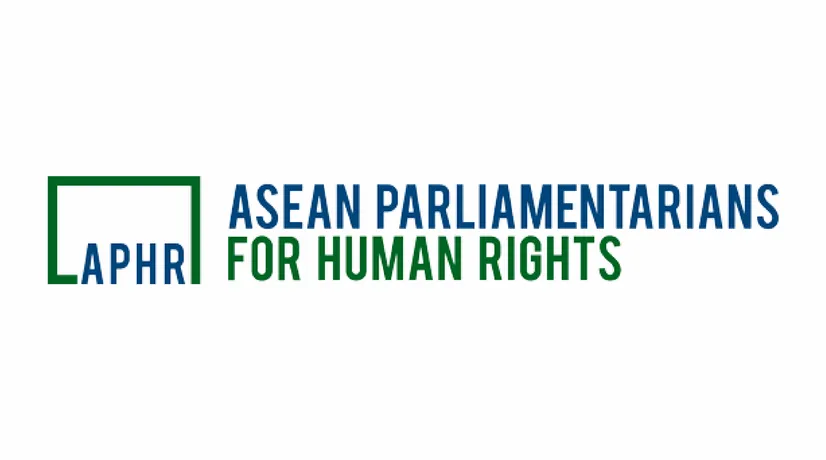As Foreign Ministers Meet, ASEAN Urged To Step Up Its Rakhine Response
21 January 2021

JAKARTA, 21 January 2021 – Ahead of ASEAN’s Foreign Ministers’ Retreat today, Southeast Asian parliamentarians urged the ministers to step up the bloc’s actions on the deteriorating situation in Myanmar’s Rakhine State. Today’s meeting will set the priority items for ASEAN’s discussions this year.
“Despite the deterioration of the situation in Rakhine over the past few years, ASEAN keeps responding time and again with the same rhetoric and approach. Now it is pushing the return of the Rohingya refugees to a place that is completely unsafe. It’s time to take stock of what little progress ASEAN has achieved so far in resolving this crisis, and of Myanmar’s clear disregard for its calls,” said Charles Santiago, Member of Parliament in Malaysia and ASEAN Parliamentarians for Human Rights (APHR) Chair.
Nearly four years since the Myanmar military committed atrocities in Rakhine State, the 600,000 Rohingya living there are still denied citizenship rights, freedom of movement, and basic rights. Rakhine State has also been the scene of intense fighting and a growing number of deaths and injuries amid intensifying fighting between the military and Arakan Army over the past year, although a fragile informal ceasefire has held since November.
Meanwhile, ASEAN continues to support discussions and initiatives on the repatriation of Rohingya refugees to Myanmar without consideration for their safety or addressing the severe restrictions they face in Rakhine. So far, it has acknowledged the humanitarian needs, but refused to recognize the situation as a protracted human rights crisis.
“If ASEAN does not start addressing the serious human rights concerns in Rakhine, its interventions will do more harm than good,” Santiago added.
Lawmakers in the region warn that human trafficking, insecurity, and the movement of persons seeking safety in neighboring countries will increase if ASEAN does not shift its policy to a holistic, human rights-based approach.
They urged the ministers to allow the ASEAN Intergovernmental Commission on Human Rights (AICHR) to be mandated to address the human rights concerns in Rakhine, and recommend that any further plans by ASEAN, especially the Comprehensive Needs Assessment on the repatriation of refugees, are developed with the meaningful consultation and participation of the Rohingya community and its representatives.
“It is high time that ASEAN takes a more effective approach to truly creating positive and sustainable change in Rakhine and the region as a whole. This can only be achieved if ASEAN shifts its approach, strengthens its language, assesses all aspects of the crisis, and is inclusive of the Rohingya in its decisions,” said Mercy Barends, Indonesian parliamentarian and APHR Board Member.
For more information, please email [email protected].
Announcements
28 February 2025
Asian NGO Network on National Human Rights Institutions , CSO Working Group on Independent National Human Rights Institution (Burma/Myanmar)
Open letter: Removal of the membership of the dis-accredited Myanmar National Human Rights Commission from the Southeast Asia National Human Rights Institution Forum

Progressive Voice is a participatory rights-based policy research and advocacy organization rooted in civil society, that maintains strong networks and relationships with grassroots organizations and community-based organizations throughout Myanmar. It acts as a bridge to the international community and international policymakers by amplifying voices from the ground, and advocating for a rights-based policy narrative.